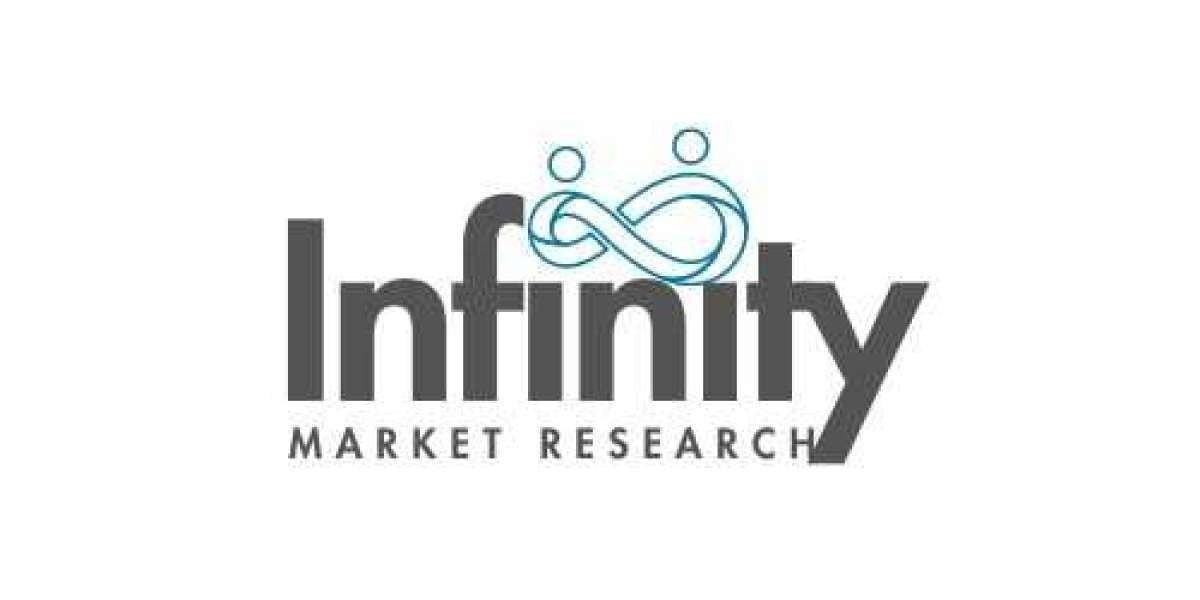Education is one of the most critical foundations of society, shaping the minds and futures of upcoming generations. However, in a world marked by rapid technological advances, social changes, and diverse learning needs, the traditional approach to education is evolving. Let's explore some of the current shifts in education and their potential to create a more inclusive, adaptable, and effective learning environment.
1. Embracing Technology in Learning
Technology is reshaping how education is delivered and received. Digital tools like interactive apps, online learning platforms, and virtual classrooms have expanded learning beyond traditional brick-and-mortar schools. With access to smartphones, tablets, and laptops, students can learn at their own pace and from anywhere in the world. This digital shift not only makes learning more accessible but also accommodates various learning styles, as students can review materials through videos, interactive exercises, and even virtual simulations.
2. Personalized Learning
One size no longer fits all in education. Personalized learning tailors instruction to meet each student’s strengths, needs, and interests. By using data analytics, teachers and schools can track student progress in real time, enabling them to customize instruction. Adaptive learning software, for example, adjusts its content based on how students perform, allowing for a more engaging and efficient learning experience.
3. Emphasis on Social and Emotional Learning (SEL)
More than just academic skills, today's educators are focusing on students' social and emotional growth. SEL programs foster qualities like empathy, resilience, teamwork, and emotional intelligence. By developing these skills, students are better equipped to navigate life’s challenges, build meaningful relationships, and make responsible decisions. Studies show that SEL can improve academic performance as well as personal well-being, making it a valuable addition to the curriculum.
4. Project-Based Learning and Real-World Applications
Educators are increasingly using project-based learning (PBL) to connect classroom lessons to real-world situations. PBL encourages students to explore complex questions and solve authentic problems, developing critical thinking, collaboration, and communication skills along the way. This hands-on approach makes learning more engaging and relevant, helping students see the real-world applications of their education.
5. Inclusion and Diversity in Education
Diversity and inclusion are becoming cornerstones of modern education. Schools are working to provide a learning environment that respects and celebrates students' varied cultural, linguistic, and socio-economic backgrounds. By creating curricula that reflect diverse perspectives, schools help foster an inclusive culture where all students feel valued and respected. This inclusive approach not only enriches the learning environment but also prepares students for a diverse and interconnected world.
6. Focus on Lifelong Learning
In an era where skills can quickly become outdated, lifelong learning is crucial. Schools are now emphasizing skills such as critical thinking, adaptability, and creativity, which are applicable across various fields and careers. Additionally, learning doesn’t stop after graduation. Many people are pursuing online courses, workshops, and professional development to stay updated in their fields. Lifelong learning is no longer optional; it’s essential for personal and professional growth in the modern world.
Challenges Ahead
Despite these advances, there are still challenges to overcome. Ensuring equitable access to technology remains a major hurdle, as does training teachers to use new tools effectively. Additionally, maintaining student engagement in a digital-first world can be challenging, with distractions and screen fatigue affecting learning outcomes.
Conclusion
The future of education is bright, full of potential, and evolving rapidly. By embracing technology, fostering inclusive environments, and focusing on lifelong learning, educators are preparing students to succeed in a complex and changing world. With continued innovation and a commitment to equity, education will continue to empower future generations, equipping them with the skills and knowledge they need to thrive.



